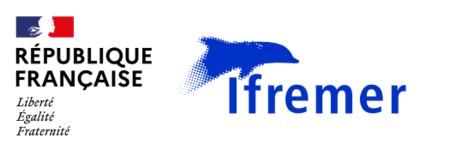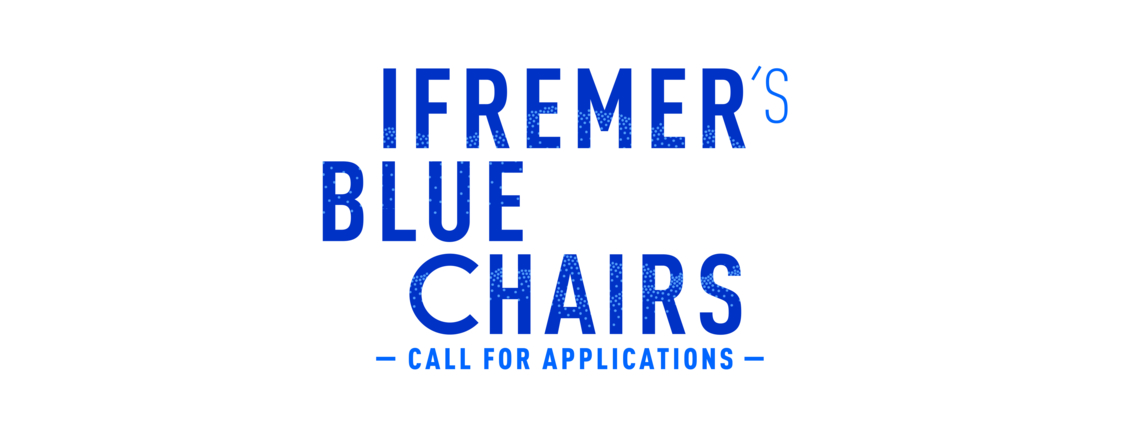Call for applications: Ifremer kick-starts its second Research Blue Chair « Sea-land continuum in Mayotte »
2nde Blue Chair : Sea-land continuum in Mayotte
Location: Mayotte or La Réunion, Indian Ocean
Applications must be submitted before 31 march 2022
Preparing for and adapting to changes in the ocean by 2100
Ifremer is launching ambitious “Blue Chair” projects for research, building knowledge, and developing solutions within new fields of research. This innovative strategy is part of the Institute’s first-class scientific investment plan, which aims to accelerate and boost the implementation of its strategic plan for 2030 and contribute to the objectives of the United Nations Decade of Ocean Science for Sustainable Development (2021-2030).
A Blue Chair project for the Idian Ocean in 2022
The seismic-volcanic crisis affecting the department of Mayotte for the last three years is a remarkable terrain for studying the sea-land continuum and assessing the impacts of the ocean on coastal socio-ecological systems.
Ifremer is already present in the Indian Ocean and has been involved in work to observe and understand the current seismic-volcanic phenomenon, including the effects of these natural disturbances on the different sectors of the socio-ecological system. The ScInObs and MARMOR projects provide an unprecedented opportunity to deploy a specific programme on this issue in Mayotte.
- The MARMOR project is closely linked to the actions carried out in response to the seismo-volcanic crisis in Mayotte, which are structured at the national level with REVOSIMA (REseau de surveillance VOlcanologique et SIismologique de Mayotte) to monitor volcanic and seismic activity in the region.
- The Mayotte underwater observatory system to be developed over the coming years within the scope of ScinObs
- alongside MARMOR is designed to serve as a multidisciplinary platform for advanced research and long-term monitoring. It will address active volcanic and tectonic processes and their consequences on the biogeochemical composition of seawater, the emergence of life on a new volcano, and the evolution of marine ecosystems in response to large-scale deep eruptions and associated gas emissions. The deployment of this system will be associated with oceanographic exploration campaigns in the area and processing of the data acquired in the framework of REVOSIMA to produce precise mapping of the sector, including associated active processes and marine habitats.
Sea-land continuum in Mayotte
In view of the scientific and societal issues associated with the seismic-volcanic crisis in Mayotte and the observation resources in place, Ifremer is looking to open a research chair devoted to the sea-land continuum in the Indian Ocean. This chair will be supported by human resources (thesis students, post-doctoral students, and civic service volunteers) and an operating budget. It will also benefit from facilitated access to the sea through exploration projects currently in preparation. This call for applications seeks to convene research axes combining two complementary approaches:
- A volcano-perspective research axis, aiming to provide answers to the problems related to the seismo-volcanic crisis. Topics could include: the functioning of the dynamics of this event in terms of seismicity and fluid circulation, changes in the biogeochemical cycles of the water column and spatial and temporal dynamics, impacts of fluid emissions on benthic and pelagic communities, a study of the drivers of the emergence and development of life on the newly formed volcanic substrates, impacts on fisheries and marine fauna
- A Mayotte-perspective research axis, which will address the consequences of the seismic-volcanic crisis on the protection of populations, the preservation of resources, and the raising of awareness among populations. This component will integrate the human and social sciences within the framework of a multi-disciplinary approach.
The work and results of these axes will take part in the definition and implementation of scientific mediation measures in the framework of this Chair.
The expected candidate will have nationally and internationally recognised skills in his/her field. He/she will demonstrate his/her capacity through his/her career to lead an ambitious project in coordination with other projects and with the ability to manage the project whilst occasionally being absent from the development site.
His/her previous work will express a form of acculturation to interdisciplinarity and interest in observation and monitoring issues. The candidate will also have the capacity and desire to articulate two worlds: that of natural science with that of human and social sciences, around the impacts of an extreme natural phenomenon on an island and its population. He/she will additionally interact with the territorial authorities and the State departments in Mayotte.
Terms of the Call for applications
Candidates will have a minimum of 4 years of post-doctoral experience. The laureate of the Chair will be awarded funding for a maximum of 5 years, which will cover the salaries of the laureate, at least one doctoral candidate and one post-doctoral candidate, operating costs, and possible investment costs.
Constitution of the application
Applications in English must include the following completed documents:
- Application proposal 6 pages maximum (without annexes)
- Curriculum vitae of the candidate, stating his/her professional and administrative situation at the time of submission of the project,
- List of publications and significant works from the last 5 years,
- At least two letters of recommendation.
The application should include:
- The scientific objectives and challenges set by the «volcano perspective» and «Mayotte perspective» research axes
- Areas of innovation and those related to societal expectations
- Project methodology including a proposal for scientific mediation
- Description and use of necessary resources and means
- Local, national, and international collaboration
For Ifremer to anticipate the administrative arrangements for the implementation of the Chair, by adapting them to the situation of the successful candidate, candidates will provide their administrative situation and the conditions and constraints that may accompany their application.
Selection of candidates
The selection of candidates will be based on an application to be submitted to Ifremer’s Scientific Directorate before 31 March 2022 - marie.casse@ifremer.fr
The project must be submitted on time, in the requested format, and complete with all constitutive documents. A board of internal and external experts will carry out the selection process. Final adjudication will take place on 01 July 2022. The project will start at the latest on 01 January 2023.
Evaluation criteria
The selection will focus on the profile of the applicants and their proposed project.
Profile of applicants
- Scientific excellence of the applicant
- Acculturation of the candidate to interdisciplinarity
- Interest in observation and monitoring issues.
- Capacity to interconnect human and social sciences
Proposed project
- Scientific excellence of the research project
- Links and complementarity between the proposed «volcano-perspective» and «Mayotte-perspective» research-action projects
- Impacts on site policy
- Initiative on scientific mediation
Further information
Ifremer Scientific Director: anne.renault@ifremer.fr
Department of Physical Resources and Deep-sea Ecosystems, jean.marc.daniel@ifremer.fr
_____
About IFREMER
A pioneer in ocean science, IFREMER’s cuttingedge research is grounded in sustainable development and open science. Our vision is to advance science, expertise and innovation to:
- Protect and restore the ocean
- Sustainably use marine resources to benefit society
- Create and share ocean data, information & knowledge.
With more than 1,500 personnel spread along the French coastline in more than 20 sites, the Institute explores the 3 great oceans: the Indian, Atlantic and Pacific oceans. A leader in ocean science, IFREMER is managing the French Oceanographic Fleet and its dedicated scientists create ground-breaking technology to push the boundaries of ocean exploration and knowledge, from the abyss to the atmosphere-ocean interface.
Well-established in the international scientific community, our scientists, engineers and technicians are committed to advance knowledge about our planet’s last unexplored frontiers. They provide the science we need for informed decision-making and public policy and they transfer this knowledge and technology to businesses to fulfill public and private needs. Core to our mission is also to strengthen public awareness about the importance of understanding the ocean and its resources, and empowering future generations of leaders through education and outreach national campaigns.
Founded in 1984, IFREMER is a French public organization and its budget approximates 240 million euros. It is operating under the joint authority of the French Ministry for Higher Education, Research and Innovation, the French Ministry for the Ecological and Solidary Transition, and the French Ministry of Agriculture and Food.

